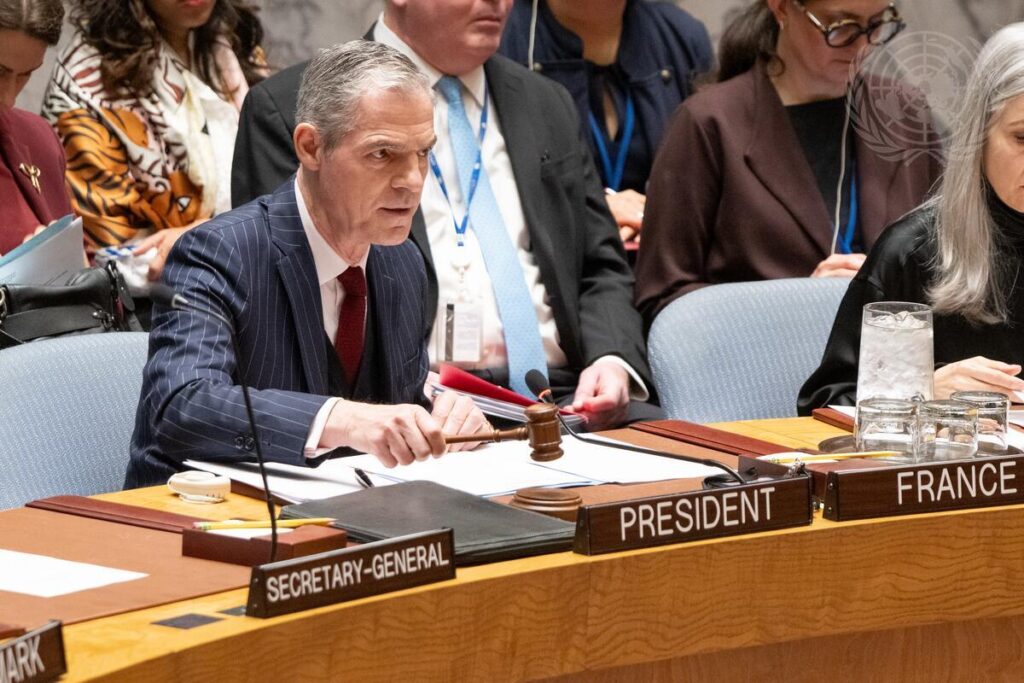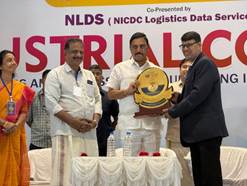South Korea discusses joining part of AUKUS pact with US, UK and Australia

South Korea has held talks about joining part of the AUKUS defence deal between the U.S., Britain and Australia, Defence Minister Shin Won-sik said on Wednesday, only weeks after the pact said it would consider including Japan.
Formed in 2021, AUKUS is a two-stage security pact to counteract China’s growing power in the Asia Pacific region.
While a first stage to give Australia nuclear submarine technology is limited to the core trio, they have raised the possibility of other countries joining a second stage, or “Pillar 2”, that aims to share other military technology.
South Korea could contribute to that second stage with its defence, science and technological capabilities, Shin said at a news conference after a meeting between Australia and South Korea’s foreign and defence ministers in Melbourne.
“During today’s meeting we also discussed the possibility of partnering with AUKUS Pillar 2,” he said.
“We support AUKUS Pillar 2 activities and we do welcome that members are considering Korea as an AUKUS Pillar 2 partner.”
South Korea, with its close ties to the U.S. and world-leading defence industry, has long been speculated as a potential Pillar 2 partner along with Canada, New Zealand and Japan.
Less than a month ago the AUKUS partners announced they were considering working with Japan on specific Pillar 2 defence projects and would hold talks over its involvement this year.
“Korea is a country with deeply impressive technology where we do have shared values,” said Defence Minister Richard Marles.
“As AUKUS Pillar 2 develops there will be opportunities in the future, and we’re seeing that play out in relation to Japan as well.”
China, a vocal critic of the pact, said in April that adding new members would destabilise the region.
Expanding the pact faces hurdles from strict U.S. restrictions on sharing technology, which Canberra and London worry could bog down the deal for all if new members are added too quickly.
The U.S. State Department on Tuesday unveiled a plan to relax those restrictions and make it easier to transfer military gear and sensitive technology to Britain and Australia.









